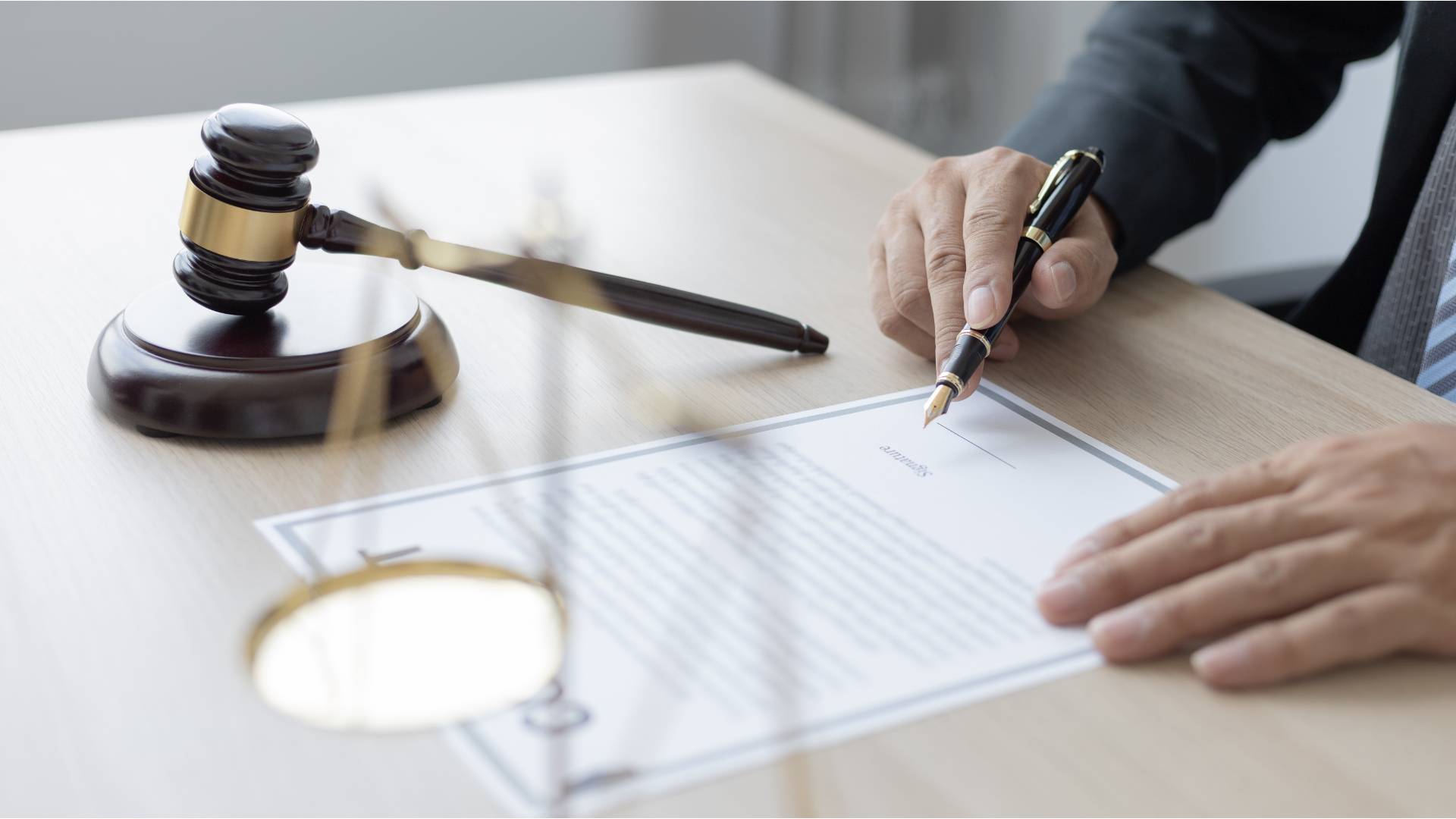Lawyers are bound by laws and rules which regulate their role within society, with compliance largely depending on understanding, voluntary adherence, reinforcement by peer or public opinion and enforcement by means of disciplinary proceedings.
Some rules are mandatory and should be taken as such; others are permissive and give lawyers more leeway in exercising professional judgment.
Attorneys are self-governing
Lawyers are subject to rules which establish professional standards of conduct, which they are expected to abide by. Furthermore, statutes and internal regulations governing their practice of law also must be observed by them. These standards ensure that lawyers treat clients fairly without misleading or engaging in unethical activities; any violations can be enforced by the New Jersey Supreme Court.
In some jurisdictions, bar associations play an active role in monitoring and overseeing legal regulators – this process is known as self-regulation. One Scottish regulatory body’s head argued that proposals for increased transparency and accountability threaten lawyer independence directly.
Claims that lawyer independence is needed to safeguard society against malevolent state actors may have seemed farfetched in years past, but as governments shift into increasingly populist positions they become increasingly plausible. Now is the time for lawyers and law firms to give over regulation of legal services markets to an empowered entity who can develop rigorous standards while monitoring for any charlatans who seek to exploit public interests.
They represent clients
Lawyers provide their clients with advice about what is legal and right, relying on loyalty, independent judgement and an absence of personal agenda that might come between the representation. Successful representation requires inquiry into and analysis of factual and legal elements of a case as well as using methods and procedures meeting standards of other competent practitioners; additionally attorneys must disclose concurrent conflicts of interests with prospective or former clients while honoring any confidentiality agreements made between themselves and their client(s).
They are subject to disciplinary action
Companies should maintain an established disciplinary action policy. This can ensure all employees understand the company’s expectations, as well as ensure disciplinary actions are handled in an equitable and consistent manner. You can implement and document this policy using different channels, such as on a wiki or self-service employee portal. Furthermore, make sure these documents and records are stored safely within files for future reference.
Some lawyers may face disciplinary action for misconduct, such as mishandling cases or misleading clients, which can include mismanaging cases improperly. Penalties such as fines or suspension may apply, and this process is overseen by the Supreme Court of Illinois. For more information about an attorney’s discipline history, you can visit one of the various agencies that handle bar complaints websites; these sites also offer information on filing complaints against attorneys as well as search features to locate previous disciplinary records.
They are regulated
Many of a lawyer’s responsibilities are defined by the Rules of Professional Conduct; others are dictated by statutes and court rules pertaining to licensure and substantive and procedural law. Furthermore, personal conscience and approval from peers often influence these obligations.
The Rules of Professional Conduct govern a lawyer’s relationships with both clients and other lawyers, including duties to uphold the highest standards of professionalism, to uphold legal profession ideals and strive for excellence in work performed. They also mandate competent handling of particular matters which may require extensive treatment and careful preparation.
Attorneys should remain alert to deficiencies in the administration of justice and use their skills and civic influence to promote equal access for those unable to afford legal assistance on their own. They should also promote adherence to professional ethics as part of their role in aiding in their enforcement.

